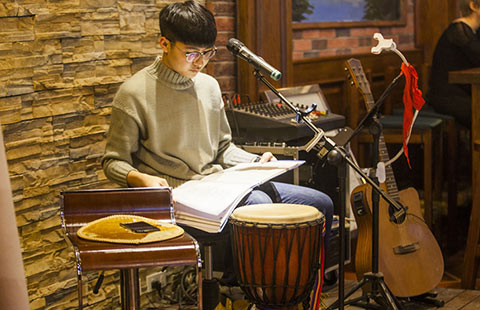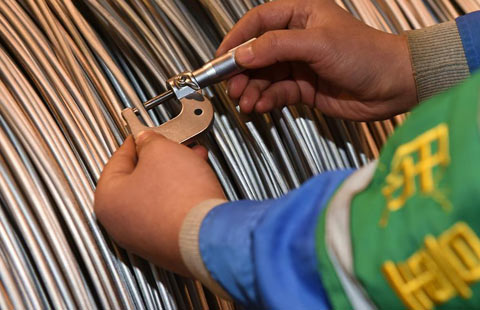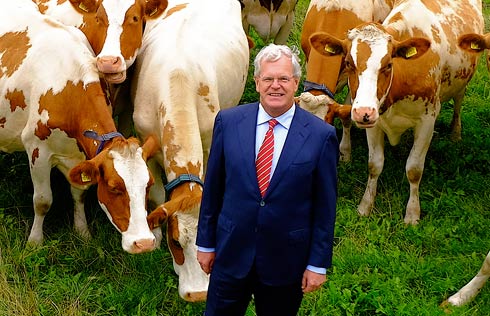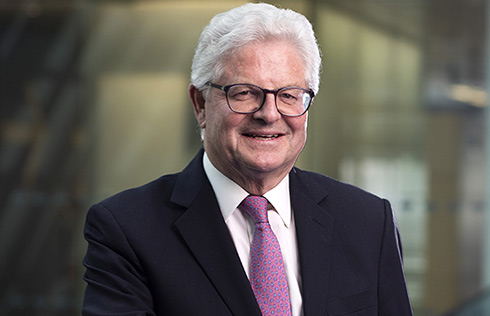Bone-chilling winter from Berlin to Davos causes energy scramble
From the rivers criss-crossing Eastern Europe to the Mediterranean ports of Greece and France, everyone is hunting for energy supplies.
Blizzards, gale force winds, arctic temperatures and river ice thicker than a house has left the stewards of the European energy business frenzied. Prices of natural gas, primarily a heating fuel, has soared to the highest in more than two years.
Blackouts across Eastern Europe caused electricity rates to spike to record levels.
It's chaotic, but yet familiar. While energy grid operators, producers and traders prepare for winter's chill every year, they tend to rely on meteorological forecasts that sometimes turn out to be dead wrong. So when a winter that's expected to be mild develops into an extended deep freeze, a mad dash to meet demand ensues.
"Those who became sure that such a cold spell was unlikely given the overall trend in global warming are like those who get drowned in a stream that averages 3 inches (7.6 centimeters) deep," said Zach Allen, president of Pan Eurasian Enterprises, an industry consultant in Rhode Island. "The Black Swan is your constant companion."
Coldest in five years
January will be one of Europe's coldest months of the past five years and the chill will linger for at least another two weeks, according to Giacomo Masato, a meteorologist at energy broker Marex Spectron Group in London.
"The more you go inland, the more likely it will be that even maximum temperatures will be around zero," Masato said. "That's cold."
For Europe's natural gas traders, this winter was supposed to be boring, with a glut damping any potential for wild price swings. Norway and Russia exported at record levels, while the increasingly global liquefied natural gas trade gave utilities a cushion. By September, prices from gas to power were still near six-year lows.
But gas ended the year with its biggest bull run in a decade as Centrica delayed the return of the United Kingdom's biggest gas store by more than two months after the start of the heating season. Long-term reserves in the region's biggest gas market are now only about half of normal.
As the world's power brokers gather in Davos, Switzerland, this week, they'll need to wrap up warm as a low pressure system is forecast to send temperatures to below -20 C. The country may get its lowest seasonal average in a decade, with a mean of -8 C across the country.
France will be six to eight degrees Celsius below normal by the end of next week and the grid may implement measures to reduce power demand from Tuesday. Power demand was forecast just shy of its 2012 record on Thursday. Electricite de France SA was granted a two-week a delay on safety checks for the Tricastin-2 nuclear reactor in France because of the freeze and has asked for a reprieve on another reactor.















